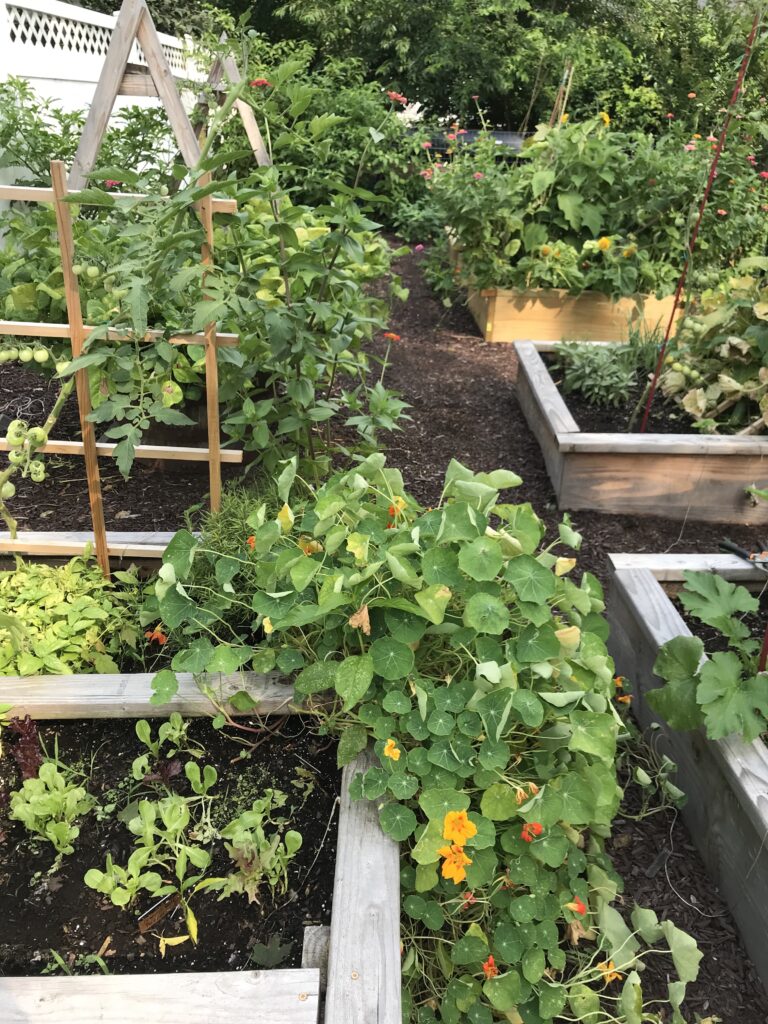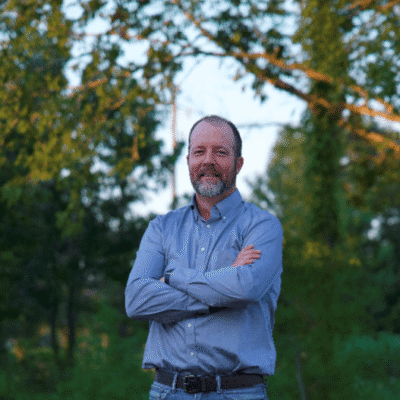
You may have heard about the Dirty Dozen and the Clean Fifteen. What I didn’t realize is the Environmental Working Group (EWG) updates this list each year. And that there may be a link between epilepsy and pesticides.
Some of you know that I’ve been spending a little more energy focusing on nutrition (not much mind you – just a little – had pizza and ice cream last night). I’m late to the game on this one but I thought I’d share anyways.
This story is part of the Epilepsy Blog Relay™.
What the heck do pesticides have to do with epilepsy?
Sure nutrition is on my mind, but honestly what do pesticides have to do with epilepsy? After a quick google search I found research that shows there may be a link between pesticides and epilepsy. According to a study published in the journal Neurotoxicology, “An increased risk of epilepsy was observed in the population living in areas of high vs. low use of pesticides (OR: 1.65; p < 0.001). Although this study was exploratory in nature, the results suggest that environmental exposure to pesticides might increase the risk of having epilepsy.”
After digging a little further I found a site called beyondpesticides.com that reflects the current research on epilepsy and pesticides. It is also worth noting that the NIH is developing an area of neuroscience to focus on exposure biology and the exposome. I’ve included the link incase you are interested in learning more about it.
What is the Dirty Dozen?
The Dirty Dozen is a phrase that refers to 12 “dirty” crops that farmers use the most pesticides on. The list is generated by EWG and utilizes data from the United States government’s Pesticide Data Program report, a pesticide residue monitoring system enacted back in 1991. Every year, a new report is released and while most of the information stays the same, sometimes crops come in at different numbers depending on varying pesticide residue levels.
The 2022 Dirty Dozen List
- Strawberries
- Spinach
- Kale, Collard and Mustard Greens
- Nectarines
- Apples
- Grapes
- Bell and Hot Peppers
- Cherries
- Peaches
- Pears
- Celery
- Tomatoes
Buying organic vs washing
According to the Dr. Sears Wellness Institute, “the pesticides persisted on fruits and vegetables when tested by USDA – even when they were washed and, in some cases, peeled. Buying organic produce helps to avoid these pesticides that can be harmful to your health.”
Thomas Galligan, Ph.D., a toxicologist with the EWG explains that the Dirty Dozen is not a list of fruits and vegetables to avoid. Rather, the EWG recommends that consumers choose organic versions of these twelve “Dirty Dozen” items, if available and affordable. But if you can’t access or afford organic versions of these foods, the conventionally-grown ones are safe and healthy too.
As we all know living with epilepsy can impact the financial wellness of a household and buying organic is not always possible. But I believe it is important to at least have the information available in a practical and balanced fashion.
What is the Clean 15
Similarly, the Clean Fifteen refers to the fifteen crops that use or retain the least amount of pesticides. Similarly it is important to wash these fruits and vegetables when possible though buying organic is less urgent.
The 2022 Clean 15 List
- Avocados
- Sweet Corn
- Pineapple
- Onions
- Papaya
- Sweet Peas Frozen
- Asparagus
- Honeydew Melon
- Kiwi
- Cabbage
- Mushrooms
- Cantaloupe
- Mangoes
- Watermelon
- Sweet Potatoes
Organic Gardening
And you may also know that I have a small garden that I love to putter around in. Today, my husband and brother-in-law spent time out in the garden spreading mulch so I don’t have to expend so much energy fighting off the weeds. And I sat around watching them (I’m still a little frustrated by my lack of energy these days) but super grateful to have the help.
Their efforts mean I can grow my spinach, kale, celery, tomatoes and peppers in my own garden from seed! That cuts my list down to the dirty seven. This is particularly important since I’m already dealing with epilepsy and cancer. And really who wants to add to that list?
Now if only I could keep the birds and squirrels from eating my strawberries!!
I’d love to hear your thoughts on food and epilepsy.
Don’t miss tomorrow’s story in the Epilepsy Blog Relay™.
PARTICIPATE IN THE JUNE EPILEPSY BLOG RELAY









Leave a Reply